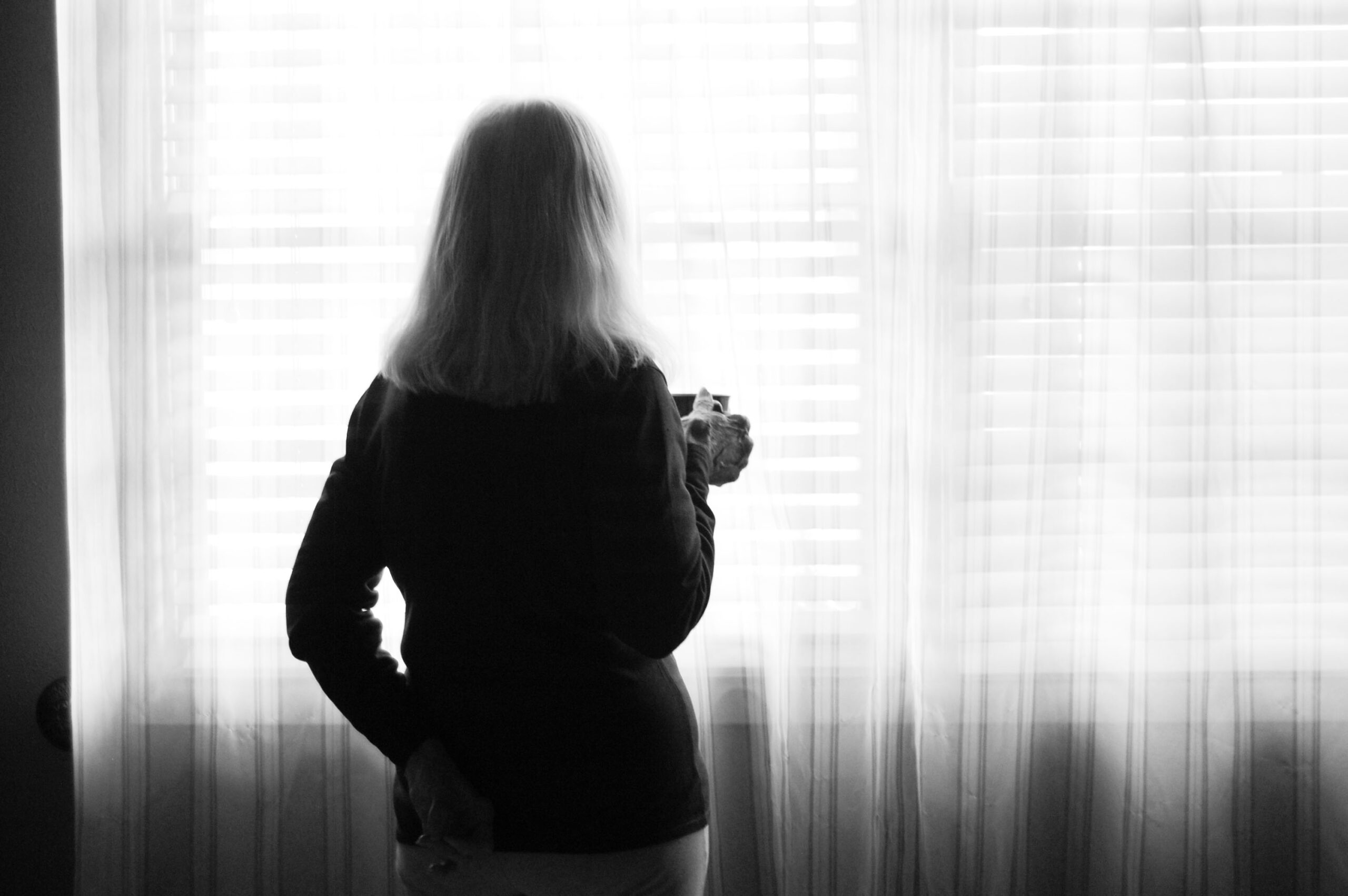
As a parent or other loved one is getting older, taking care of them might seem to be the obvious choice. However, it can be much harder than it appears to be at first glance. According to an article posted by the AARP in 2020, 36% of family caregivers characterize their situation as “highly stressful”. In addition to that, a 2018 study reported that 40% of caregivers “experience depression, mood swings and resentment as a result of their labors.” There appears to be a widespread effect of caregiver burnout.
It is important to realize what exactly caregiver burnout is; it can be defined as a state of physical, emotional, and mental exhaustion and can happen when caregivers are trying to do more than they are able to do and don’t get the help they need. Caregivers may be facing unreasonable/unrealistic demands and expectations, and feel that they lack control of their daily situations.
There are a number of warning signs of “caregiver burnout”, many of which can easily be noticed by the caregiver’s loved ones. They may withdrawal from friends, family, and other loved ones, as well as lose interest in activities and hobbies they normally enjoy.
Many emotional and mental health research issues can arise, including:
- Irritability
- Anger or frustration (towards self and/or the person being cared for)
- Depression
- Inability to concentrate
- Anxiety
- Feelings of hopelessness/helplessness
- Denial
There are also a variety of physical/health problems that can occur from this burnout, such as:
- Changes in appetite and/or weight
- Getting sick more often
- Sleeplessness or changes in sleep patterns
- Overall exhaustion
How Can Caregiver Burnout Be Prevented?
After knowing what caregiver burnout is, one might ask how it can be prevented. There is a range of different strategies used to combat this. It is important for the caregiver to be realistic about their loved one’s state or condition. They may be facing a terminal illness that can be hard to accept. It is also important for a caregiver to know their limits; they must be honest with themselves. Other ways one might prevent caregiver burnout include:
- Talking to a professional
- Tap into online resources
- Join a support group
- Take advantage of respite care services
If you are a caregiver who is struggling with any of the things mentioned above, just know that you are not alone. There are resources out there that can help you during these stressful times. Sometimes the people who are so used to caring for others forget that they sometimes need to be cared for as well. Don’t be afraid to reach out to those who can help you.
All information written above has been found by the resources below:
https://my.clevelandclinic.org/health/diseases/9225-caregiver-burnout
https://www.aarp.org/caregiving/life-balance/info-2019/caregiver-stress-burnout/
